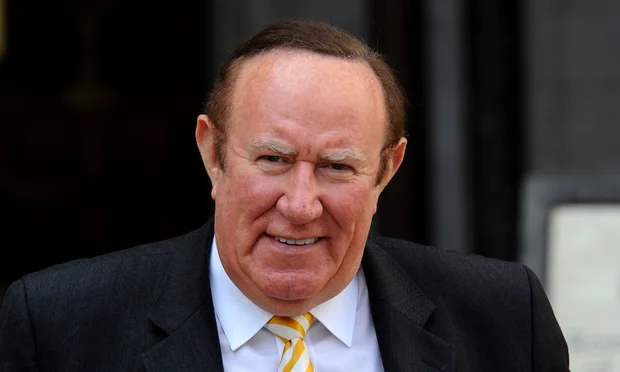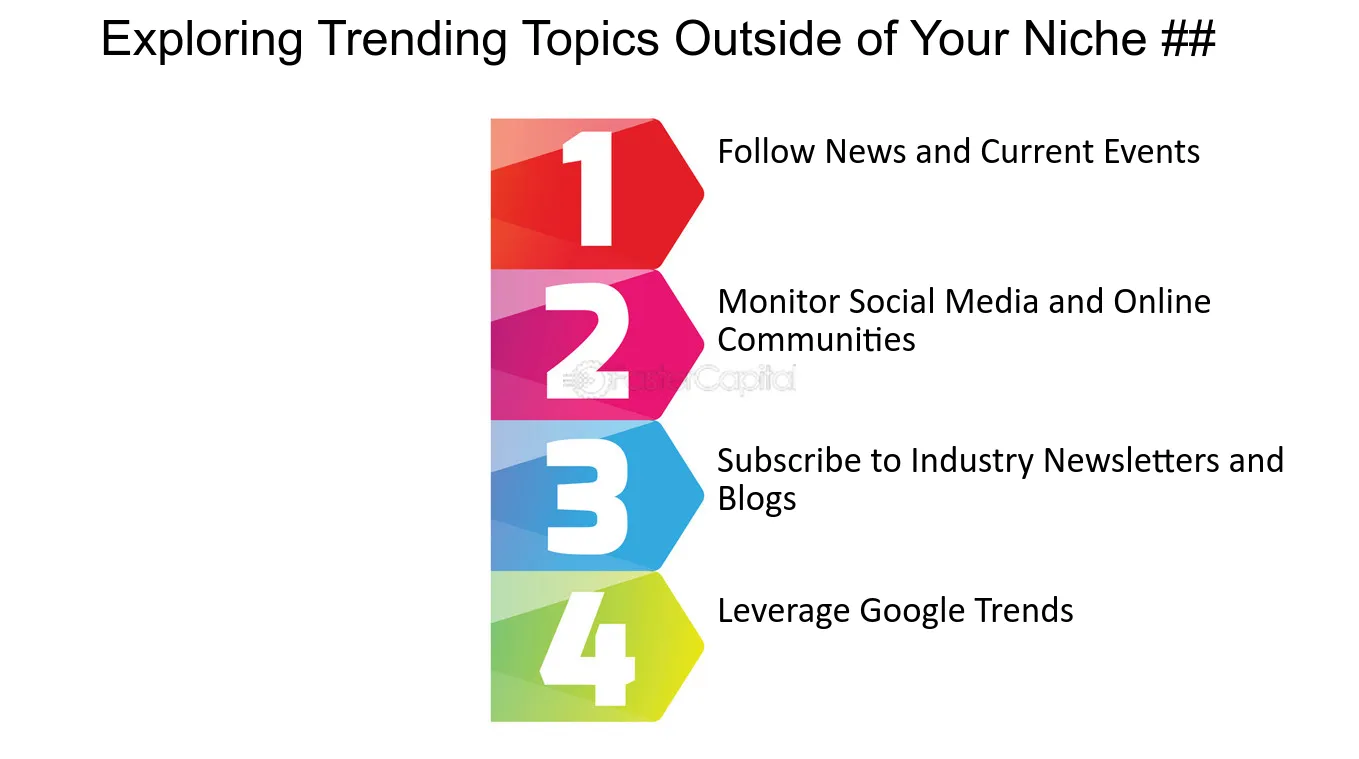The Evolving Landscape of UK Television A New Era of Content and Consumption

The television landscape in the UK has undergone a remarkable transformation in recent years, driven by technological advancements, shifting viewer preferences, and a dynamic media landscape. From the rise of streaming services to the enduring appeal of traditional broadcasting, the way audiences engage with content is evolving at an unprecedented pace. This article explores the key trends shaping UK television today, examining how these changes affect both creators and consumers.
The Streaming Revolution
One of the most significant developments in UK television has been the explosion of streaming platforms. Services like Netflix, Amazon Prime Video, and Disney+ have not only changed how viewers consume content but also what kind of content is being produced. With an abundance of choices available at the click of a button, audiences are gravitating towards on-demand services that offer flexibility and personalization.
Streaming platforms have also become significant players in the commissioning process. They are willing to invest heavily in original content, often prioritizing diverse storytelling and inclusive representation. British series such as “The Crown” and “Bridgerton” have gained international acclaim, showcasing the potential of UK talent on a global stage. This shift has encouraged traditional broadcasters to adapt, resulting in collaborations and co-productions that blend the best of both worlds.
The Resilience of Traditional Broadcasting
Despite the dominance of streaming services, traditional broadcasters like the BBC, ITV, and Channel 4 remain vital to the UK television ecosystem. These institutions continue to produce high-quality content that resonates with viewers, particularly in genres like news, current affairs, and live events. The BBC, for instance, has maintained its reputation for journalistic integrity and educational programming, serving as a reliable source of information in an era characterized by misinformation.
Furthermore, traditional channels have adapted to the changing landscape by launching their own streaming services, such as BBC iPlayer and ITV Hub. These platforms allow viewers to catch up on missed shows and access exclusive content, thus merging traditional broadcasting with the convenience of digital viewing.
The Impact of Social Media
Social media has become an integral part of the television experience, influencing how audiences discover, engage with, and discuss content. Platforms like Twitter, Instagram, and TikTok are buzzing with conversations around popular shows, creating a sense of community among viewers. Fans can share their opinions, theories, and fan art, contributing to a vibrant culture of engagement that extends beyond the screen.
This interaction is not just limited to viewers; creators and actors are also leveraging social media to connect with audiences directly. Behind-the-scenes glimpses, live Q&A sessions, and promotional content help foster a more personal relationship between fans and the shows they love. Moreover, social media trends can even influence programming decisions, as networks pay attention to viewer feedback and adapt accordingly.
The Role of Diverse Narratives
As conversations around diversity and representation continue to gain momentum, UK television is increasingly embracing stories that reflect the rich tapestry of British society. There is a growing demand for narratives that explore different cultures, experiences, and perspectives. Shows like “I May Destroy You” and “This Is Going to Hurt” have pushed boundaries and tackled complex themes, resonating with audiences on a deeper level.
The importance of diverse storytelling extends beyond representation on-screen; it also impacts the industry behind the camera. Initiatives aimed at promoting diversity among writers, directors, and producers are becoming more prevalent, ensuring that a broader range of voices is heard. This shift is essential not only for authenticity but also for driving innovation and creativity within the industry.
The Future of Reality Television
Reality television remains a dominant force in UK programming, evolving to meet changing viewer expectations. While shows like “Love Island” and “The Great British Bake Off” continue to attract massive audiences, there is a noticeable shift towards more authentic, relatable content. Viewers are increasingly drawn to formats that offer genuine insights into people’s lives, as opposed to sensationalized portrayals.
The rise of docuseries and lifestyle programming, which provide a more realistic glimpse into the lives of individuals, indicates a growing desire for content that reflects real-world experiences. This trend highlights a broader cultural shift towards authenticity and relatability in entertainment.
The Influence of Technology
Technological advancements are also shaping the future of television in the UK. From smart TVs to mobile devices, viewers can access content anywhere and anytime, resulting in changes in viewing habits. Binge-watching has become a cultural phenomenon, with audiences consuming entire seasons in one sitting, fundamentally altering the traditional episodic format.
Moreover, innovations like virtual reality (VR) and augmented reality (AR) are beginning to find their place in the television landscape, offering immersive experiences that engage viewers in new ways. As technology continues to evolve, the potential for interactive storytelling and enhanced viewer engagement will undoubtedly shape the future of UK television.
Consuming
The UK television landscape is in a state of flux, with streaming services, social media, diverse narratives, and technological innovations driving change. While traditional broadcasting remains a cornerstone of the industry, the emergence of new platforms and storytelling methods is creating an exciting and dynamic environment for creators and audiences alike. As viewers continue to demand fresh, engaging content that reflects their realities, the future of UK television promises to be a thrilling journey, filled with possibilities that redefine the art of storytelling.
